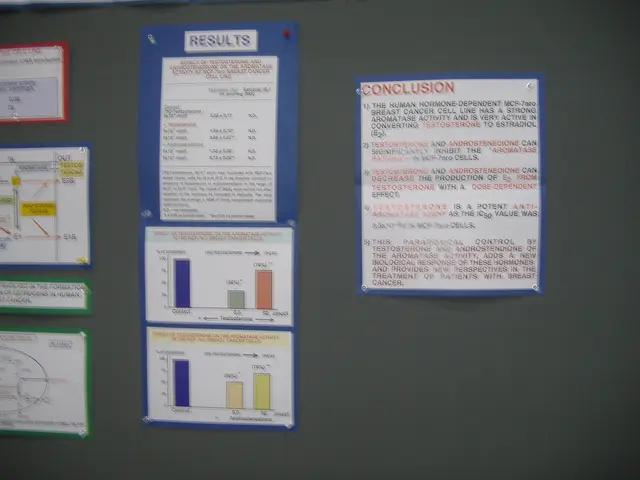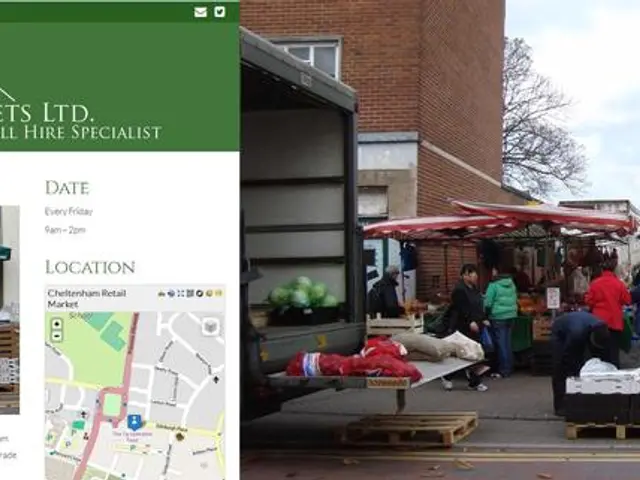Senate in Pennsylvania Considers Imposing a 35% Tax on Skill-Based Games
In Pennsylvania, a new bill is causing a stir. Senate Bill 756 aims to impose a substantial tax and regulatory framework on skill games, electronic games primarily based on player skill. The bill's impact on small businesses, community organizations, and tax revenue is substantial and contentious.
The proposed legislation would impose an effective tax rate exceeding 40% on establishments with skill games. These establishments include small businesses such as bars, restaurants, groceries, veterans' halls, and nonprofits like volunteer fire companies. These businesses rely on the supplemental income generated by these games to pay staff, provide benefits, make repairs, and support local charities. Critics have described this as potentially the "biggest tax on small businesses and nonprofits in state history," threatening their financial viability.
Politically, the bill has divided opinion. Some legislators support skill games because they have become fixtures in local districts and help small businesses stay afloat during economic slowdowns. Others advocate for strict regulation due to concerns about unregulated gambling-like machines and seek new revenue sources for the state. Governor Shapiro has expressed a desire to restrict skill games to only certain licensed establishments (liquor or lottery license holders), aiming to tighten control over where they operate.
Regarding tax revenue, earlier legislative proposals, including one supported by Senator Gene Yaw, attempted a 16% tax on skill game revenues to generate about $300 million annually for Pennsylvania's coffers. However, such measures stalled. Senate Bill 756’s higher tax would increase state revenue further but also risk pushing many small holders out of the market, potentially reducing the number of skill games and thus total revenue.
Senate Bill 756 also proposes regulatory structures, including authorizing local governments to establish health and safety standards for venues with skill games, further increasing compliance costs for small operators.
The bill's potential consequences are far-reaching. Small businesses face a heavy tax burden, risking closure or loss of income. Community organizations, such as veterans groups and nonprofits, see significant revenue losses. Tax revenue could potentially increase significantly for the state, but the sustainability of this increase is uncertain due to business pressure. Regulation becomes stricter, with local health and safety standards and tighter control over where skill games operate. Politically, the bill is divisive, with some lawmakers supporting it and others warning it endangers small operators.
Mike Barley, Chief Public Affairs Officer of Pace-O-Matic, has warned that the bill could cut off a major source of income for local groups. Skill game revenue has been used to fund critical community needs, such as fire department equipment and initiatives run by American Legion and Veterans of Foreign Wars posts. Pace-O-Matic, a company behind skill game software, has criticized Senate Bill 756.
One adjustment under discussion is aligning the tax rate on skill games with the lower rate applied to casino table games. Some legislators are considering adjustments to the proposed 35% tax on skill games. Barley stated that the bill falls short in finding a balance between protecting small business revenue and benefiting the state. This adjustment could soften the blow for organizations that rely heavily on machine revenue while still generating funds for the state.
This bill appears to be a pivotal piece of legislation with far-reaching consequences for Pennsylvania’s skill game ecosystem, balancing state revenue goals against the financial health of small and community-based establishments.
- The political debate in Pennsylvania surrounds Senate Bill 756, which, if passed, would impose a substantial tax on small businesses such as bars, restaurants, and nonprofits like veteran halls and volunteer fire companies that offer skill games, due to concerns about the potential financial impact on these establishments and the state's need for new revenue sources.
- In the general news, the financial viability of small businesses and nonprofits in Pennsylvania is at stake as the legislation moves forward, with critics arguing that the proposed 40% tax rate on skill games could be the biggest tax on small businesses and nonprofits in state history, potentially pushing them out of the market, thereby reducing the number of skill games and total revenue.




